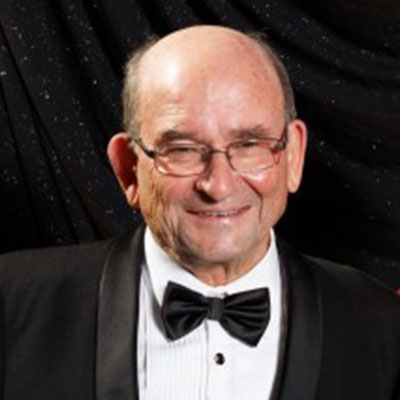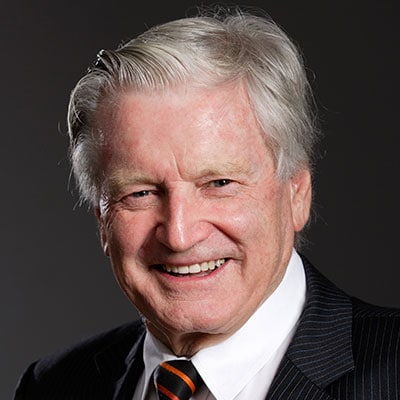Diagnosis
How is MS Diagnosed?
A doctor uses several strategies to determine if a person meets the long-established criteria for a diagnosis of MS and to rule out other possible causes of the symptoms the person is experiencing.
These strategies include: a medical history; a neurologic examination, and various tests, including magnetic resonance imaging (MRI), evoked potentials (EP); cerebrospinal fluid (CSF) analysis, and blood tests.
Ideally, the diagnosis should be confirmed by a specialist with extensive knowledge of neurologic disorders.

Medical History and Neurologic Examination
The physician takes a careful history to identify any past or present symptoms that might be caused by MS and to gather information about family history and other factors that might cause neurologic symptoms.
The physician also performs an examination to evaluate mental, emotional and language functions, movement and coordination, balance, vision, and other aspects of sensation. In many instances, the person’s medical history and neurologic examination provide enough evidence to meet the diagnostic criteria.
However, other tests, especially MRI, are used to confirm the diagnosis or provide supportive evidence.
MRI
MRI is the best imaging technology for detecting the presence of MS plaques or scarring (also called lesions) in different parts of the CNS. It can also differentiate old lesions from those that are new or active.
However, the diagnosis of MS cannot be made solely on the basis of MRI findings because there are other diseases that can cause lesions in the CNS that look similar to those caused by MS.
With modern MR, we expect to see confirmatory changes on MR in virtually everyone with symptoms and signs characteristic of MS, if that is the diagnosis
Evoked Potentials (EP)
EP tests are recordings of the nervous system’s electrical response to the stimulation of specific sensory pathways (e.g., visual, auditory, general sensory).
Because damage to myelin (demyelination) results in a slowing of response time, EPs can sometimes provide evidence of scarring along nerve pathways that is not detected by the neurologic examination.
Visual evoked potentials are the most commonly used for supporting a diagnosis of MS when there are no visual symptoms, but MRI has largely supplanted EPs for the diagnosis
Cerebrospinal Fluid (CSF) Analysis
Analysis of the cerebrospinal fluid, which is sampled by a spinal tap (lumbar puncture), detects the levels of certain immune system proteins and the presence of oligoclonal bands.
These bands, which indicate an immune response within the CNS, are found in the spinal fluid of about 90-95% of people with established MS.
However, because they may also be present in other diseases, oligoclonal bands alone cannot be relied on as diagnostic proof of MS, and, in most cases, CSF analysis is not necessary for a firm diagnosis of MS.
Blood Tests
While there is no blood test for MS, blood tests can rule out other conditions that may cause symptoms similar to those of MS, including: other CNS inflammatory disorders associated with autoantibodies; chronic infections such as Lyme disease, syphilis and HIV systemic collagen-vascular diseases; metabolic/nutritional disorders and certain rare hereditary disorders.
The Criteria for a Diagnosis of MS
In order to make a diagnosis of MS, the physician must find evidence of inflammatory damage in at least two separate areas of the central nervous system (CNS), which have occurred at separate times (episodes at least one month apart) and rule out other possible diagnoses.
An International Panel on the Diagnosis of MS has established the McDonald Criteria (revised in 2017) which set out specific guidelines for the use of MRI, EPs and CSF analysis in combination with clinical features, to establish a diagnosis of MS.
In particular, the criteria allow an early diagnosis of MS in many persons after a single clinical attack (Clinically Isolated Syndrome) Ref for the Revised McDonald Criteria is AJ Thompson et al, The Lancet Neurology Feb 2018 17(2) 162-173.









